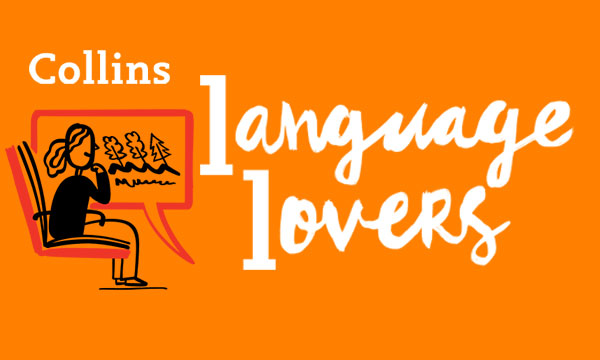Not all those who wander are lost, and when it comes to travel, sometimes wandering is one of the most exciting things you can do. And if you live in the UK, you’re lucky enough to have access to many beautiful destinations on your doorstep.
In a time when travellers are both more adventurous and eco-conscious than ever, it’s no surprise that there’s a wealth of new vocabulary to describe how we travel, when we travel and how the experience makes us feel. Here are eight of our favourite travel words that you may not have heard before, including some new dictionary entries.
Staycation
We’ve kicked off this blog with the humble staycation, ‘a holiday in one’s own country’. The term first became popular in the mid-2000s, when the global financial crisis meant people had less disposable income to spend on flash holidays and instead searched for cheaper local alternatives. Since 2020, the staycation is experiencing a resurgence. Benefits of staycations include cheaper travel costs, no spending hours in the airport and, of course, no need to worry about whether your passport expired last year.
Couch surfing
Once upon a time, if you wanted to meet new people on your travels, you could stay at a hostel or with a host on Airbnb. Now, you can couch surf. And not just in ‘the staying at various friends’ houses until you find a new place to rent’ sense (though that is still valid): couch surfing is quickly becoming a hot new travel trend. Travellers can now choose to couch surf all across the world via a dedicated website which treats travel as a cultural exchange, allowing people to connect with willing hosts and crash on their sofas.
Ecotourism
Given that single-use and climate strike were selected as the Collins 2018 and 2019 Words of the Year respectively, it’s clear that the climate crisis is very much on everybody’s mind. This desire to make more sustainable choices is also impacting the way we spend our vacation days. Ecotourism is another popular travel trend, defined as tourism that is designed to contribute to the protection of the environment, or at least minimise damage. Examples of ecotourism include ditching short-haul flights, staying at eco-friendly resorts, or booking a staycation.
Perambulate
Have you ever perambulated over the hills or through the streets of a city? Spoiler alert, you definitely have. To say you are perambulating is a delightfully sophisticated way of saying that you are walking for pleasure or travelling by foot through a particular area. Perambulate comes from the Latin perambulare, which means to traverse. Some of history’s most famous perambulators include Virginia Woolf, Albert Einstein, Charles Darwin and Beethoven. You’re in good company.
Flashpacker
Flashpacking is the latest travel trend that brings a bit of glamour to typically unglamorous experiences. What comes to mind when you think of backpacking: questionable hostels, wet wipes, and sore shoulders? Flashpackers are backpackers with disposable income, ergo, the kind of travellers who are happy to spend a little more on a room with clean towels and book a direct train instead of three different coaches. No longer do you need to stuff your bag with as much underwear as you can carry because, as a flashpacker, you can splurge on dry cleaning.
Gadabout
Also known as a wanderer, a rover, or a rambler, a gadabout is defined as a person who moves about restlessly looking for the next fun activity. In the context of travel, this means you travel often or to many different places for the thrill of it. We particularly love this word because it has a long and vibrant history, with its use first appearing in the mid 18th-century. It possibly stems from the Old English word gadling, meaning a companion or, later, a wanderer.
Glamping
It’s not just backpacking that got a modern makeover. Camping is no longer the pursuit of the brave. Modern camping – or glamping – is all about the amenities. You may have come across the concept of glamping at music festivals such as Glastonbury, where music lovers with a taste for the finer things in life can get a hot shower and a tent the size of your average London studio flat. Glamping takes away all the pain of sleeping outdoors and guarantees you a good night sleep … almost.
Numinous
Regardless of whether you like to spend your precious vacation days relaxing on a glorious beach or exploring a new city, we’re all looking for those magical moments in life. Funnily enough, there’s a word for that. Numinous is an adjective which captures the sense of something being mysterious or awe-inspiring. Originally used to describe moments of religious or spiritual wonder, it also perfectly encapsulates that feeling when you see a particularly breathtaking vista or a beauty spot that makes you realise just how big the world is on your travels. Looking for more travel-related word content? Check out our 7 mouth-watering foodie words with roots in other languages or the Despacito-inspired guide to Spanish
By Rachel Quin
Rachel Quin is a freelance marketer and copywriter with a love of language, books and cats.
All opinions expressed on this blog are those of the individual writers, and do not necessarily reflect the opinions or policies of Collins, or its parent company, HarperCollins.



